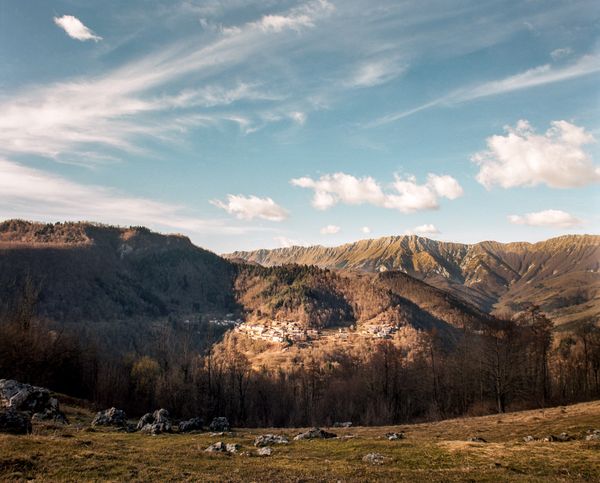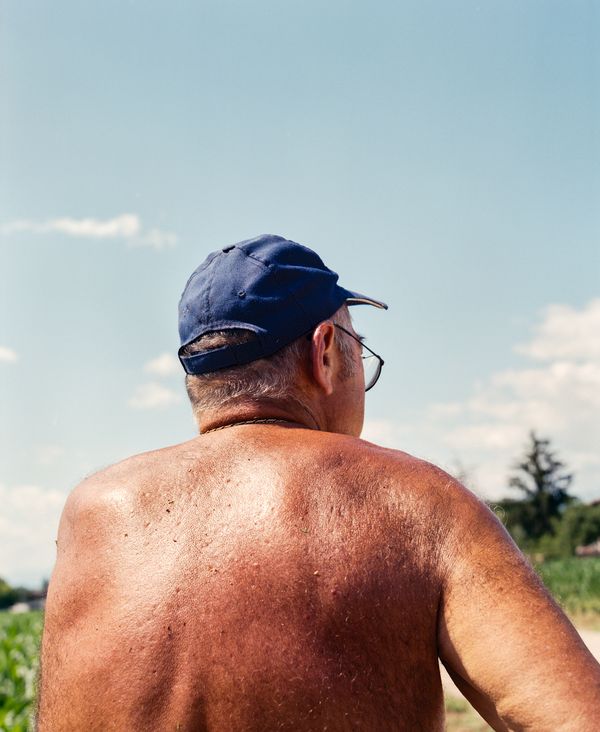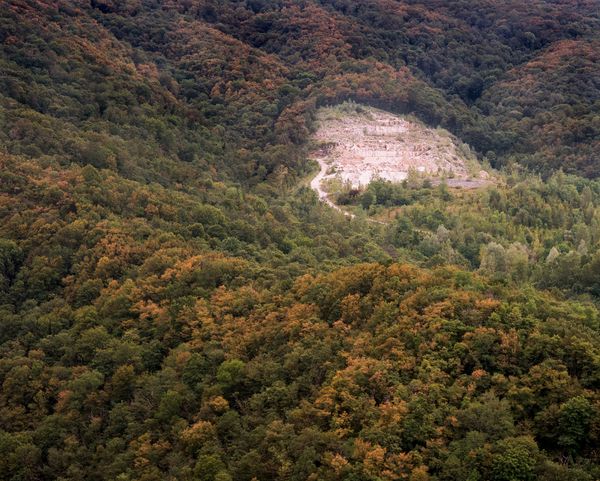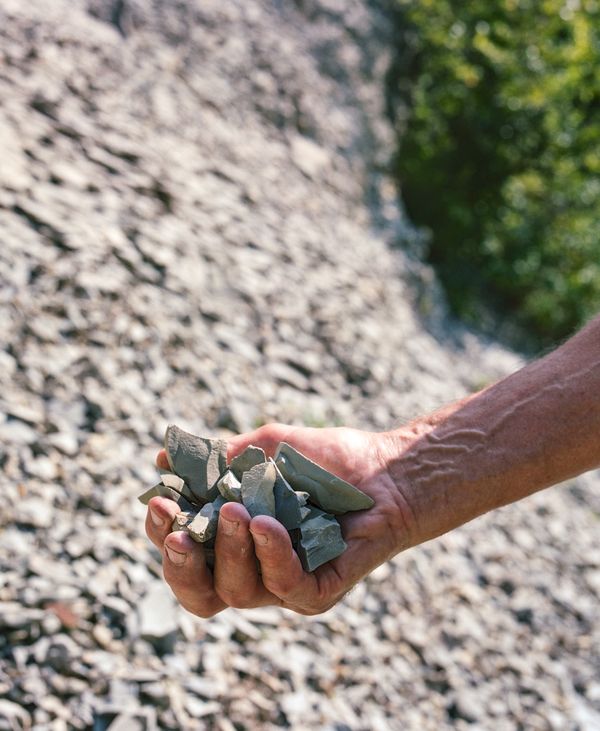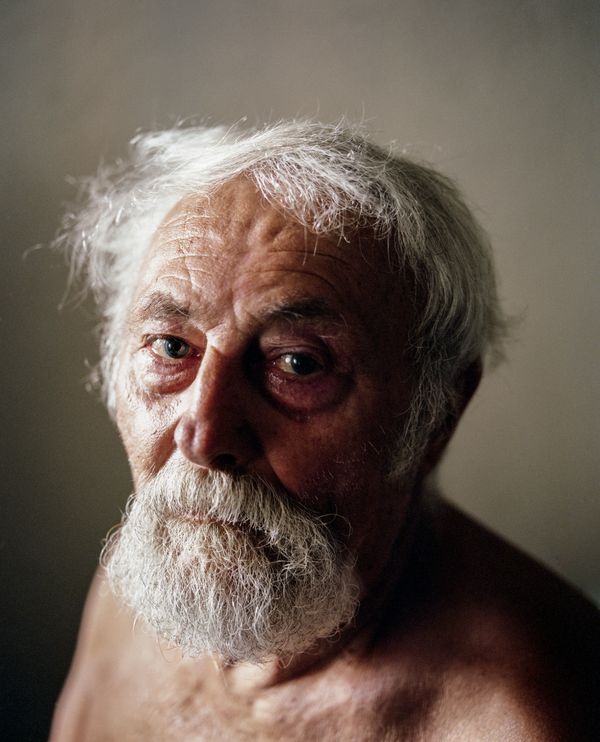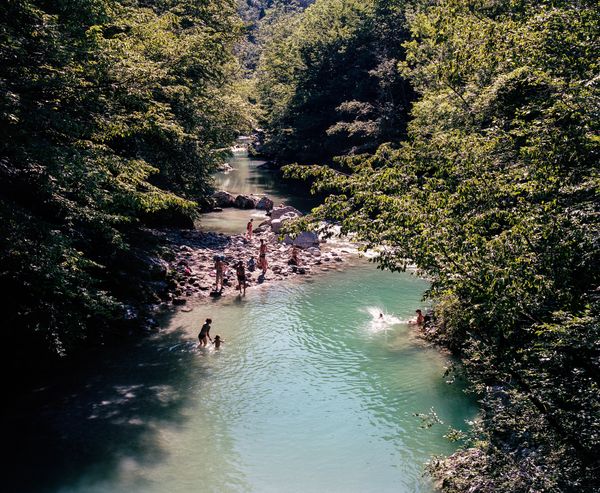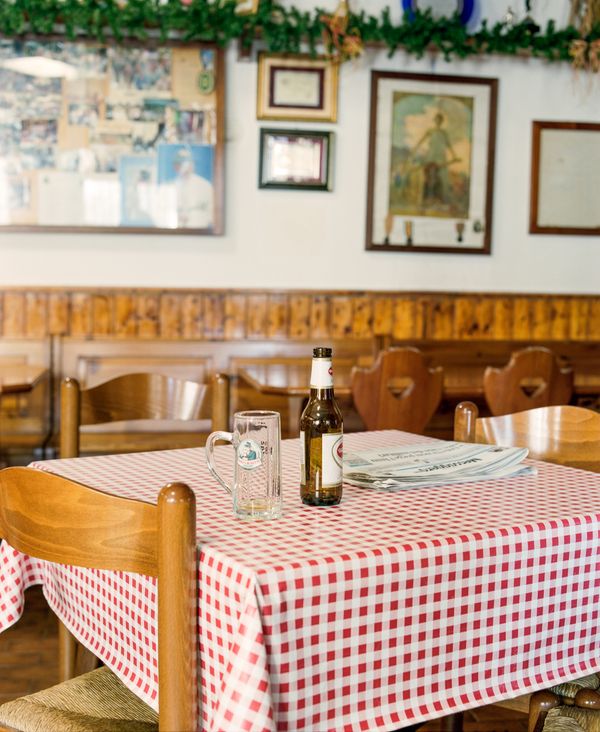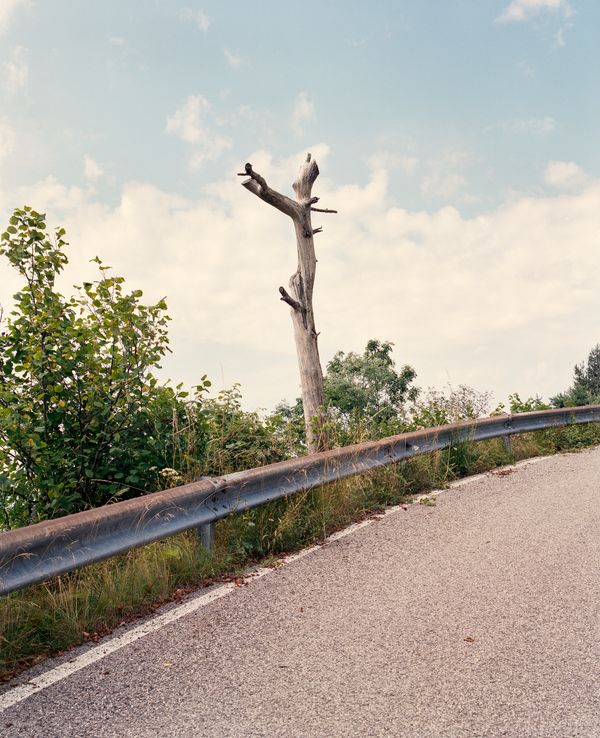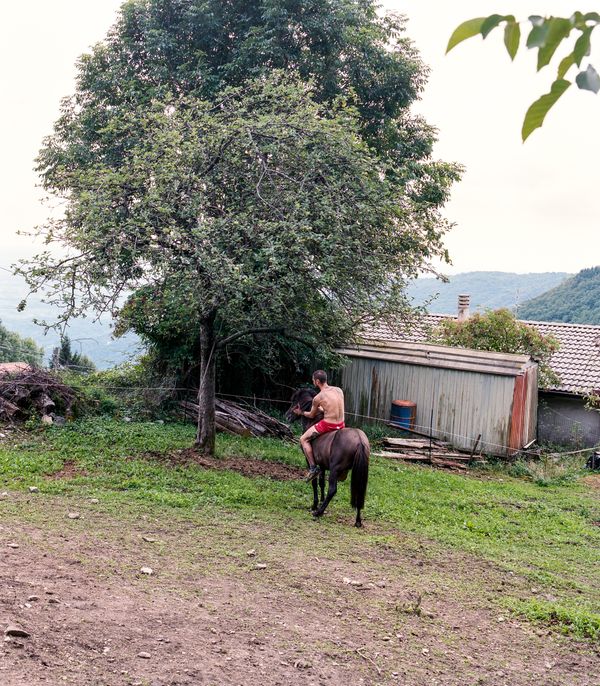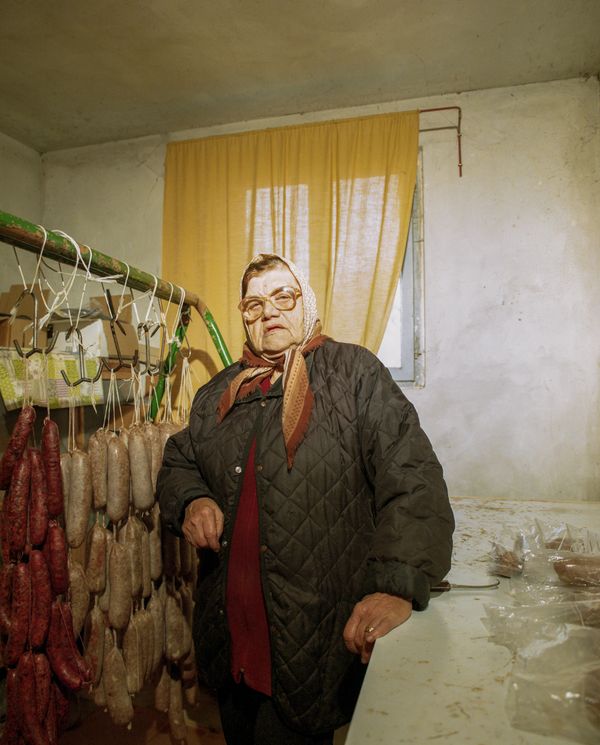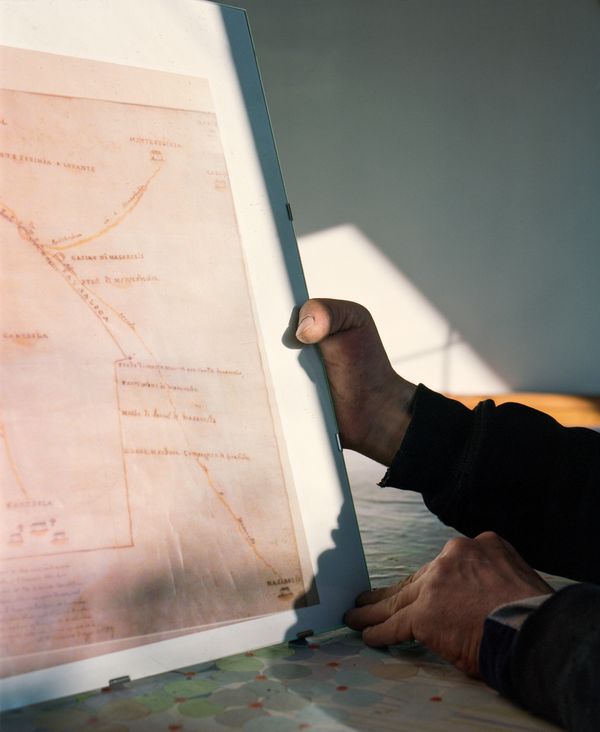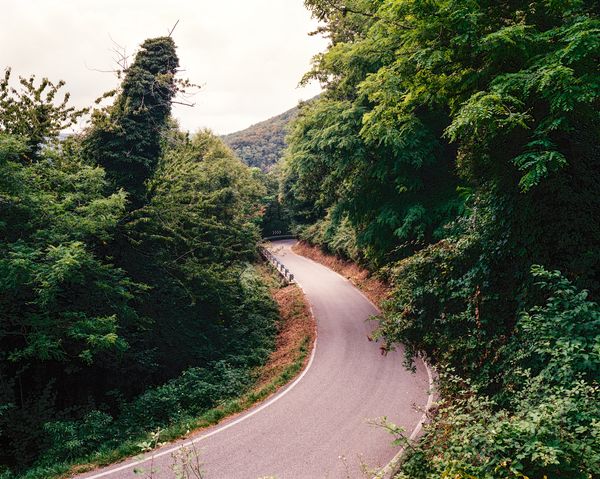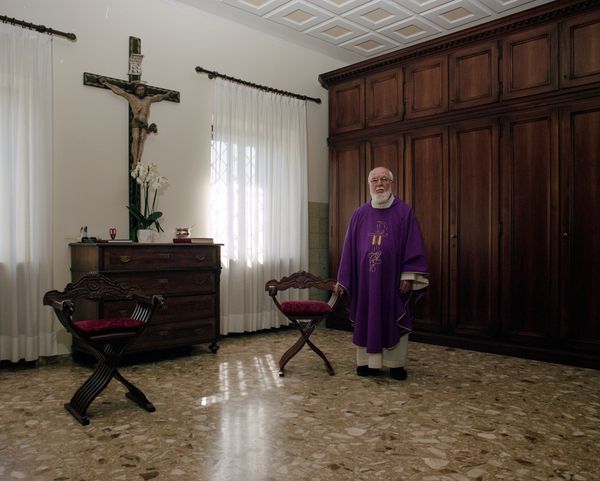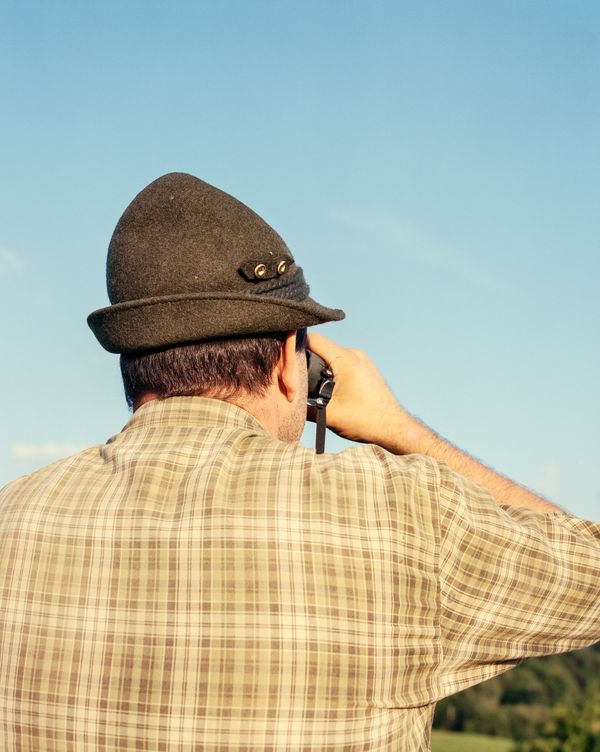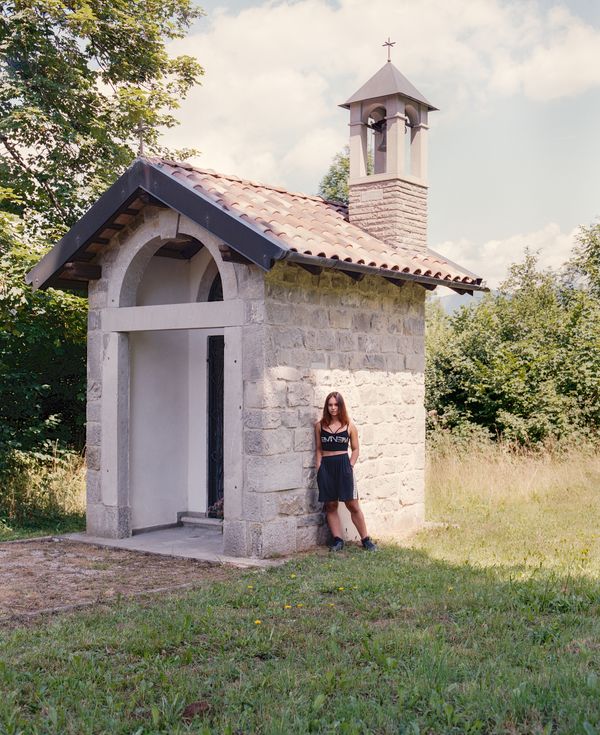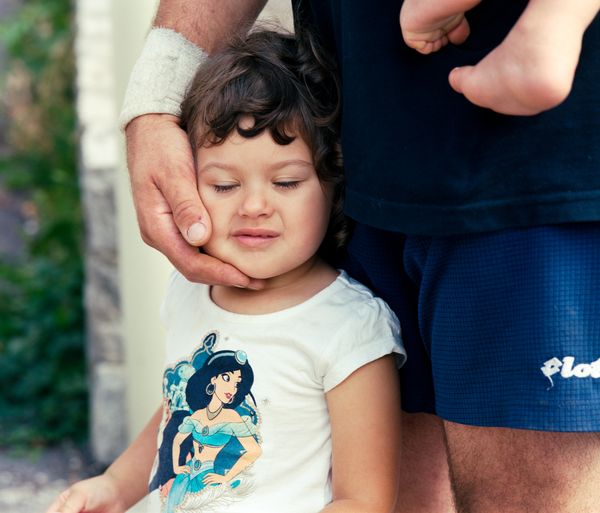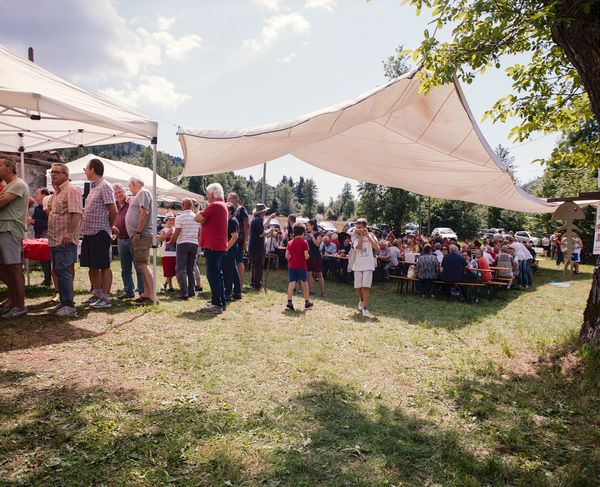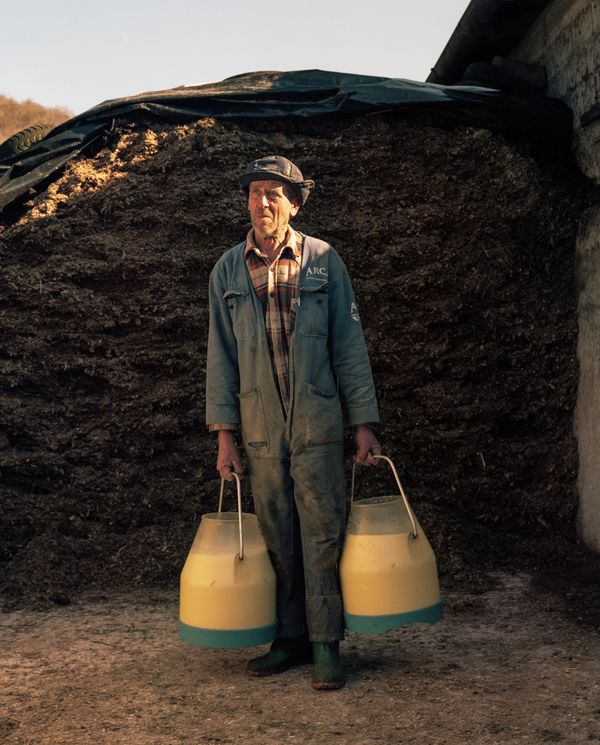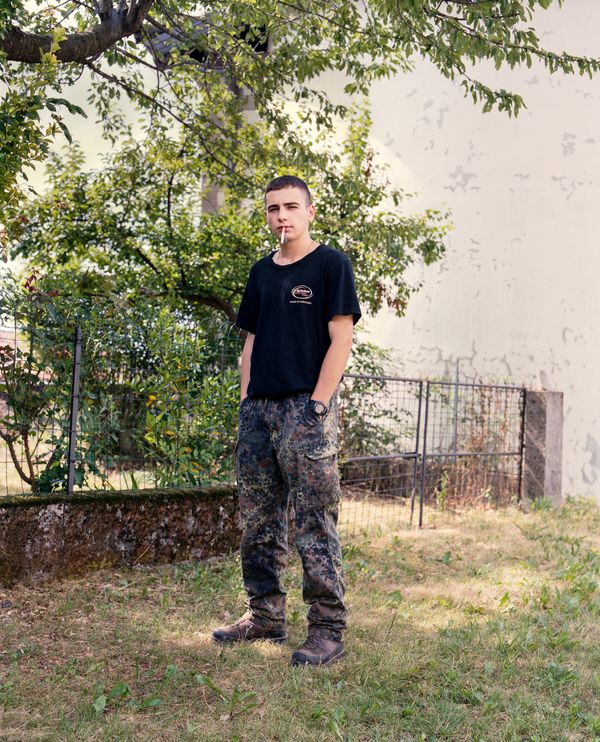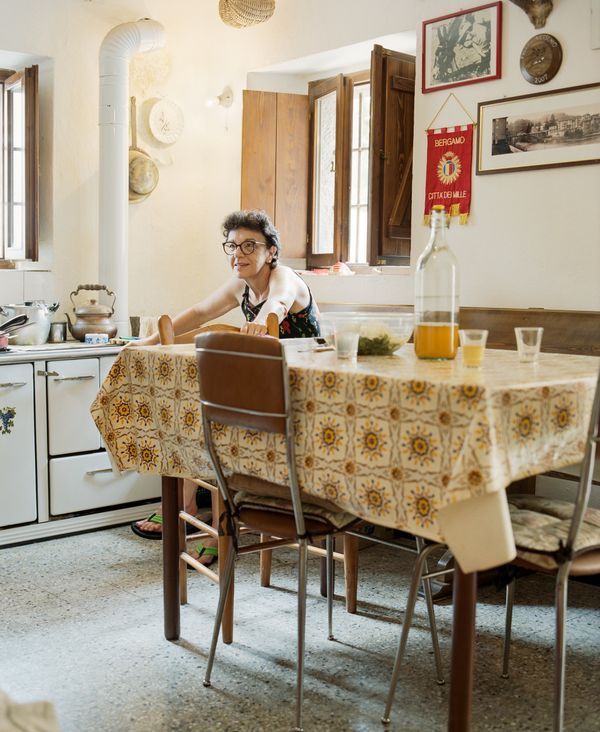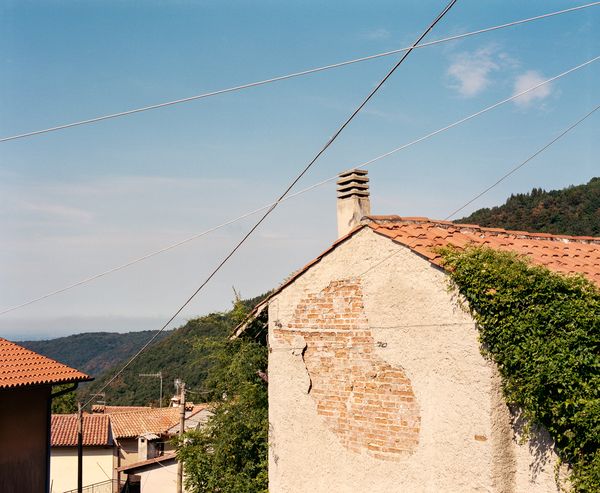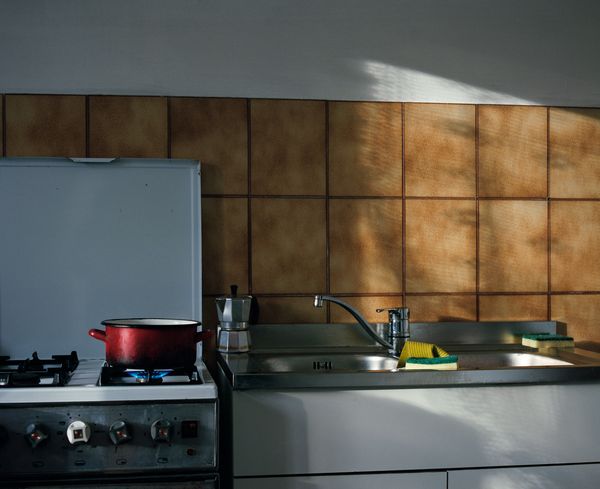Sclavanie
-
Dates2015 - 2021
-
Author
- Topics Portrait, Contemporary Issues, Documentary
I remember how my grandfather, Giuseppe, used to share stories about his youth and how, when caught by the German troops, he managed to escape and walked back home from Germany.
Sclavanie is a body of work that tells the rediscovery of a geographical microcosm of a mountain area on the border between Italy and Slovenia, where part of my roots lie.
Sclavanie is a term that indicates the Slavic origins of the first populations who inhabited these territories. Today this word has completely changed its meaning, so much so that the Friulian language uses it to point out, in a derogatory way, the people who live mainly in the mountainous border areas and who have kept their Slavic roots still alive.
The linguistic structure of Friuli Venezia Giulia is very complex and unique, thanks to its geographical position that makes it a crossing point on the north-south, east-west European directions. Here, Latin, Slavic, and Germanic languages meet, a legacy of a past that has seen these populations live side by side. This particularity makes Friuli Venezia Giulia the only region in Europe where four official languages are still used within the same territory: Italian, Slovenian, Friulian, and German.
I explore, with an ethnographic gaze, the themes that most characterize this area, such as emigration and the depopulation of small villages. These phenomena have undermined the basis for the oral transmission and survival of memory and ancient traditions. It is a national trend that feeds the image of the mountain as a land of loneliness and fatigue.
I move through this research to the rediscovery of childhood places. Through an active, critical, and conscious re-examination of the "local", the common memory handed down to the inhabitants who resist among these places is investigated. This is a journey that then becomes an opportunity to reflect on the values of living and making a community, on their transformation, degradation, extinction but also rediscovery and flowering. What opportunities do these territories offer? What vocations do they respond to? How can they compete in the plots of metropolitan globalism?
The mountain village dimension not only as a nostalgic strategy of repositioning but a real chance of regeneration of mechanisms capable of guaranteeing employment and quality of life as in a few other contexts.
To slow down the demographic hemorrhage of a widespread and small settlement, and therefore the exodus of young people to urban areas, concrete alternatives are needed. In the Alpine arc, various studies document local regeneration practices and strategies, positive examples of "returning to the village".
I remember how my grandfather, Giuseppe, used to share stories about his youth and how, when caught by the German troops during the II World War, he managed to escape and walked back home from Germany. I can still feel, through the echo of his words, the strong sense of belonging and the happiness to see again those mountains from far.
